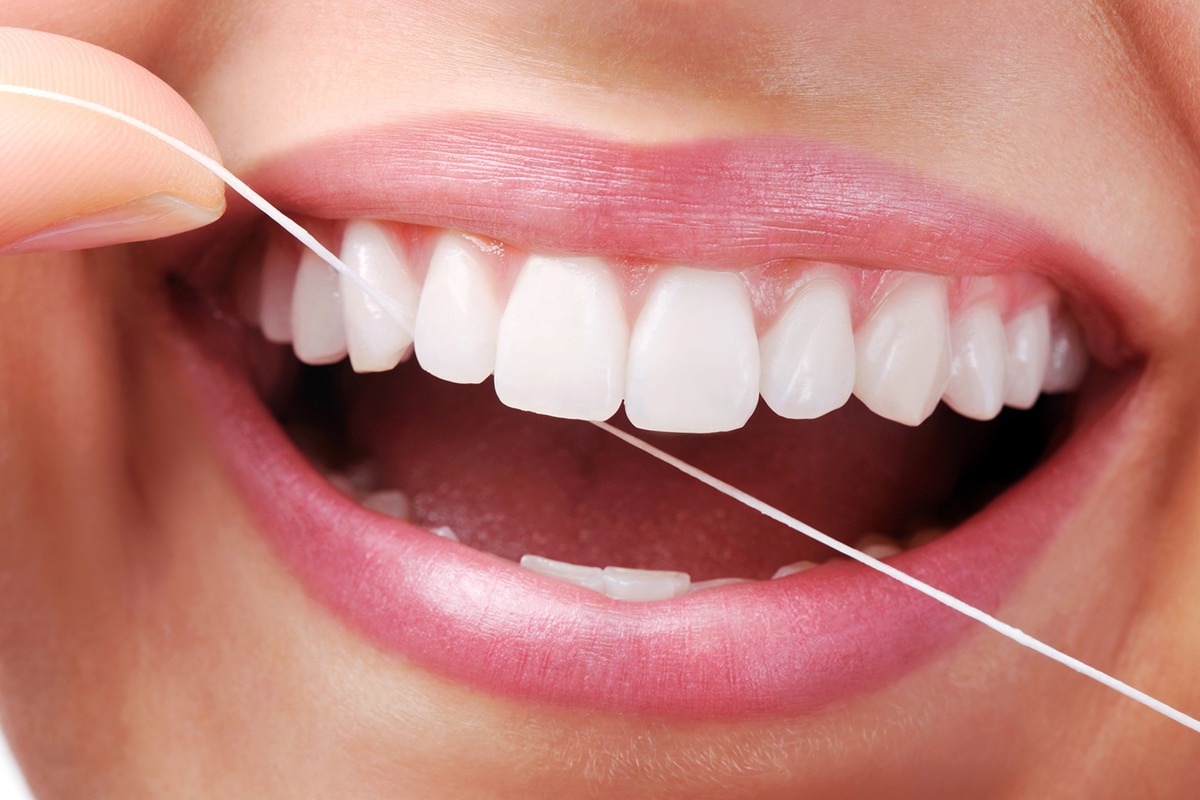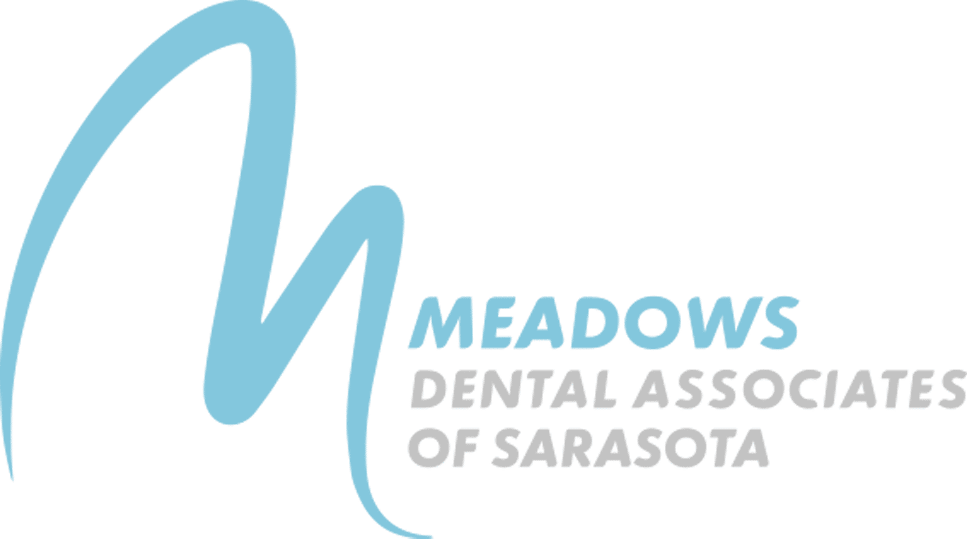
Taking care of your teeth and gums is essential not only for a bright smile but also for your overall health. Choosing the right toothpaste and toothbrush can significantly influence your oral health routine. With so many options available, finding the right products tailored to your needs can feel overwhelming. That’s why understanding what works best for you can make a world of difference in achieving excellent dental hygiene.
The right tools don’t just ensure cleaner teeth—they also help prevent dental problems like cavities, gum disease, and enamel erosion. By paying attention to factors like your oral health needs, lifestyle, and preferences, you can set yourself up for success in maintaining both your daily comfort and long-term dental health.
Choosing the Right Toothpaste
Toothpaste isn’t one-size-fits-all. With different formulas on the market, selecting the right type depends on your unique oral health needs. For instance:
- For Sensitive Teeth: Look for toothpaste labeled for sensitive teeth. These options often include ingredients like potassium nitrate to help soothe nerve endings and minimize discomfort when eating or drinking.
- Whitening Needs: If a brighter smile is a priority, whitening toothpaste with gentle polishing agents can help, but avoid overly abrasive options to protect enamel.
- Cavity Protection: Fluoride toothpaste is the gold standard in cavity prevention. It strengthens enamel and helps reverse early signs of decay.
- Additional Concerns: Specialty toothpaste for issues like tartar control or gum health can offer added benefits tailored to specific oral health challenges.
Be sure to check for the ADA Seal of Acceptance, which ensures the toothpaste meets professional safety and efficacy standards.
Picking the Best Toothbrush
Equally important is your choice of toothbrush, as it plays a key role in how effectively you clean your teeth. Here’s what to consider:
- Manual vs. Electric: While manual toothbrushes work well when used properly, electric toothbrushes provide more consistent brushing with minimal effort. They are particularly helpful for individuals with limited dexterity or those seeking a deeper clean.
- Bristle Type: Always opt for a toothbrush with soft bristles, as medium or hard bristles can damage your gums or enamel over time. Soft bristles effectively clean without causing harm.
- Head Size: Choose a toothbrush with a head that comfortably fits your mouth, allowing you to reach all areas, including those tricky molars at the back.
Don’t forget to replace your toothbrush or brush heads every three months—or sooner if the bristles are frayed.
The Role of Preventive Dentistry in Oral Health
While the right toothpaste and toothbrush are vital, preventive dentistry plays an even broader role in maintaining optimal oral health. This approach focuses on regular dental checkups, cleanings, and early intervention to tackle issues before they become major problems. From identifying early signs of gum disease to applying sealants for cavity prevention, preventive dentistry is your first line of defense against serious dental concerns.
Beyond professional care, your at-home routine—brushing twice daily with fluoride toothpaste, daily flossing, and proper brushing technique—is just as essential. Together, these practices create a comprehensive shield, protecting your teeth and gums for years to come.
Keeping Your Oral Health in Check
Selecting the right toothpaste and toothbrush is a simple yet impactful step toward better oral health. By choosing products that align with your needs, combined with professional preventive care and a consistent at-home dental routine, you’re paving the way for a healthier, brighter smile.
Frequently Asked Questions About Preventive Dentistry
What are the benefits of regular dental checkups?
Regular dental checkups help detect and address potential issues early, such as cavities, gum disease, and oral infections. Additionally, routine professional cleanings ensure deeper plaque removal and help maintain overall oral health.
How can preventive dentistry save me money in the long run?
Preventive care can reduce the likelihood of advanced dental issues, such as root canals or extractions, which are often more costly. By addressing problems early during regular visits, you can avoid the expense and discomfort of extensive treatments later.
At Meadows Dental Associates of Sarasota, we put patients first, delivering care tailored to each individual’s oral health needs. With advanced technology and a compassionate approach, we aim to make every visit comfortable while empowering you to maintain a lifelong healthy smile. Contact us to schedule your appointment today.
